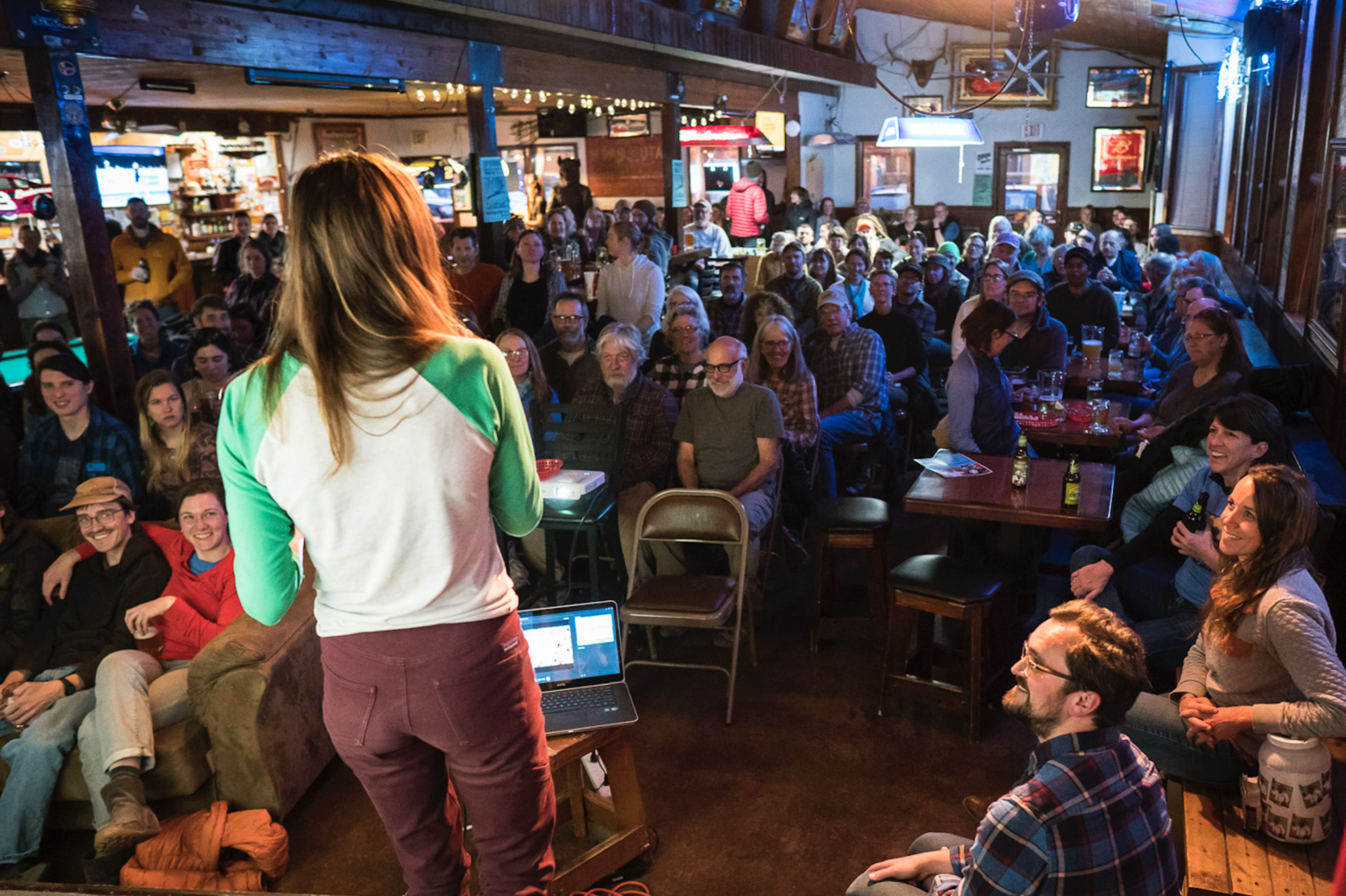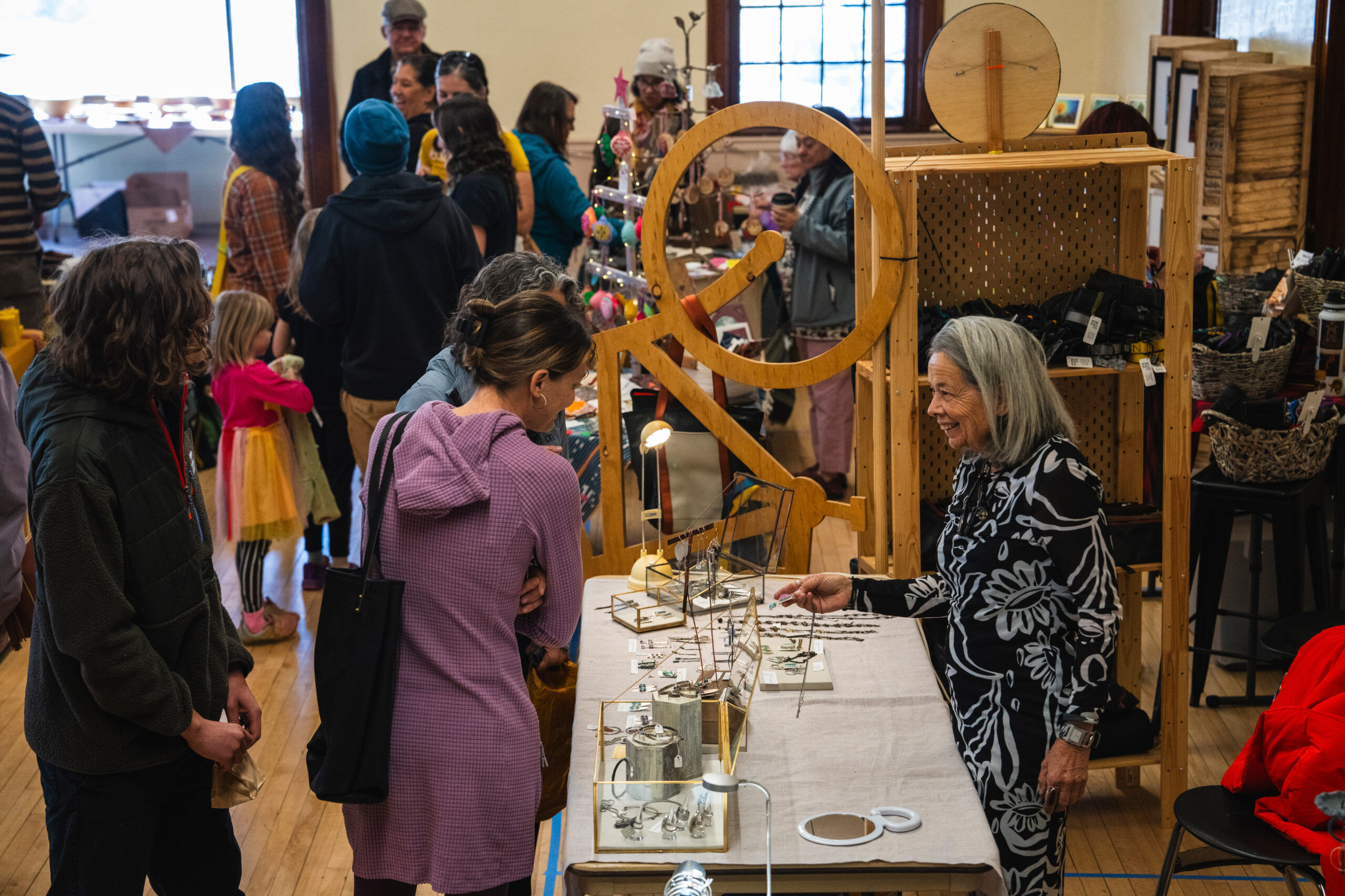Some information may be outdated.
Did you know crickets are high in protein? As well as other important nutrients?
James and Kathy Rolin, owners of Cowboy Cricket Farms, near Bozeman, Montana, delved into the cricket farming business after Kathy attended a “bug buffet” at Montana State University a couple of years ago.
They found there is a growing market for the critters so they started their own cricket farm.
James Rolin will talk about edible insects as a sustainable alternative food source for the planet’s ever-expanding population, on Saturday, Oct. 6, during the Moab Festival of Science.
He’ll have samples of his chocolate chip cricket cookies and some roasted crickets called “Smokey Jumpers.” His presentation will take place at 5 p.m. at Star Hall.
“Compared to beef, pound for pound, crickets use 2,060-times less water, 14-times less feed, produce 80 percent less methane, and use 1 percent of the land mass that beef requires,” Rolin said.
Rolin’s presentation is just one of many interesting topics to be covered during the Moab Festival of Science held from Oct. 3 through Oct. 7.
On Thursday, Oct. 4, at the Moab Information Center, Dr. Jody Patterson of Montgomery Consultants will give a presentation on a public archaeology project at Nine Mile Canyon.
The library is partnering with the Utah Humanities Book Festival to bring author Nicole Walker to the Moab Festival of Science. She will give the keynote presentation on Friday, Oct. 5, at 7 p.m. at Star Hall.
Walker, who is a professor of English and directs the creative writing program at Northern Arizona University in Flagstaff, is the author of a new book, “Sustainability: A Love Story,” The book explores why we do the things we do, and how a recognition of those decisions can lead to foresight that could help humans solve the problem of climate change and global warming.
Walker said she attempts to help people understand the vast topic of climate change by sharing personal anecdotes and using metaphors to tell stories that explore big ideas. She also shares climate solutions that people have developed.
“I ask the question ‘How can we save the planet when we have hard time saving ourselves?’” Walker said.
On Saturday, Oct. 6, William Leggett, a park ranger at the Canyonlands National Park Maze District, will lead a geology walk starting at 9 a.m. The guided walk will last up to two hours and will begin at the Old Mail Trailhead. Participants are asked to bring sun protection, at least two quarts of water and wear comfortable shoes.
“We’ll stop at points along the way and see what the rocks tell us about the geological history of the area,” Leggett said. “I will discuss how different events have coalesced to create the unique landscape around Moab.”
National Park Service archaeologist Laura Martin will lead a tour of the cultural landscape of Courthouse Wash, and an American Indian crossing of the Colorado River, known as the Old Spanish Trail, on Sunday, Oct. 7, at 2 p.m.
Friday, Saturday and Sunday will feature several other presentations that include plant identification walks, a star party, a driving tour of the remediation site of the former Atlas Uranium Mine, and more.
Meg Flynn, Grand County Public Library’s head of adult services, said the Moab Festival of Science is a collaborative effort of numerous local, state and national organizations that “care about sharing the joy of scientific discovery with folks of all ages — especially as it relates to all the exciting science happening on the Colorado Plateau.”
Moab Festival of Science invites public to explore nature
When: Wednesday, Oct. 3, through Sunday, Oct. 7
Where: Various locations
Cost: Free
Information: For a full calendar of science festival activities, visit https://sites.google.com/site/moabscifest/2018-schedule-of-events
“Compared to beef, pound for pound, crickets use 2,060-times less water, 14-times less feed, produce 80 percent less methane, and use 1 percent of the land mass that beef requires.”
Appreciate the coverage? Help keep local news alive.
Chip in to support the Moab Sun News.





